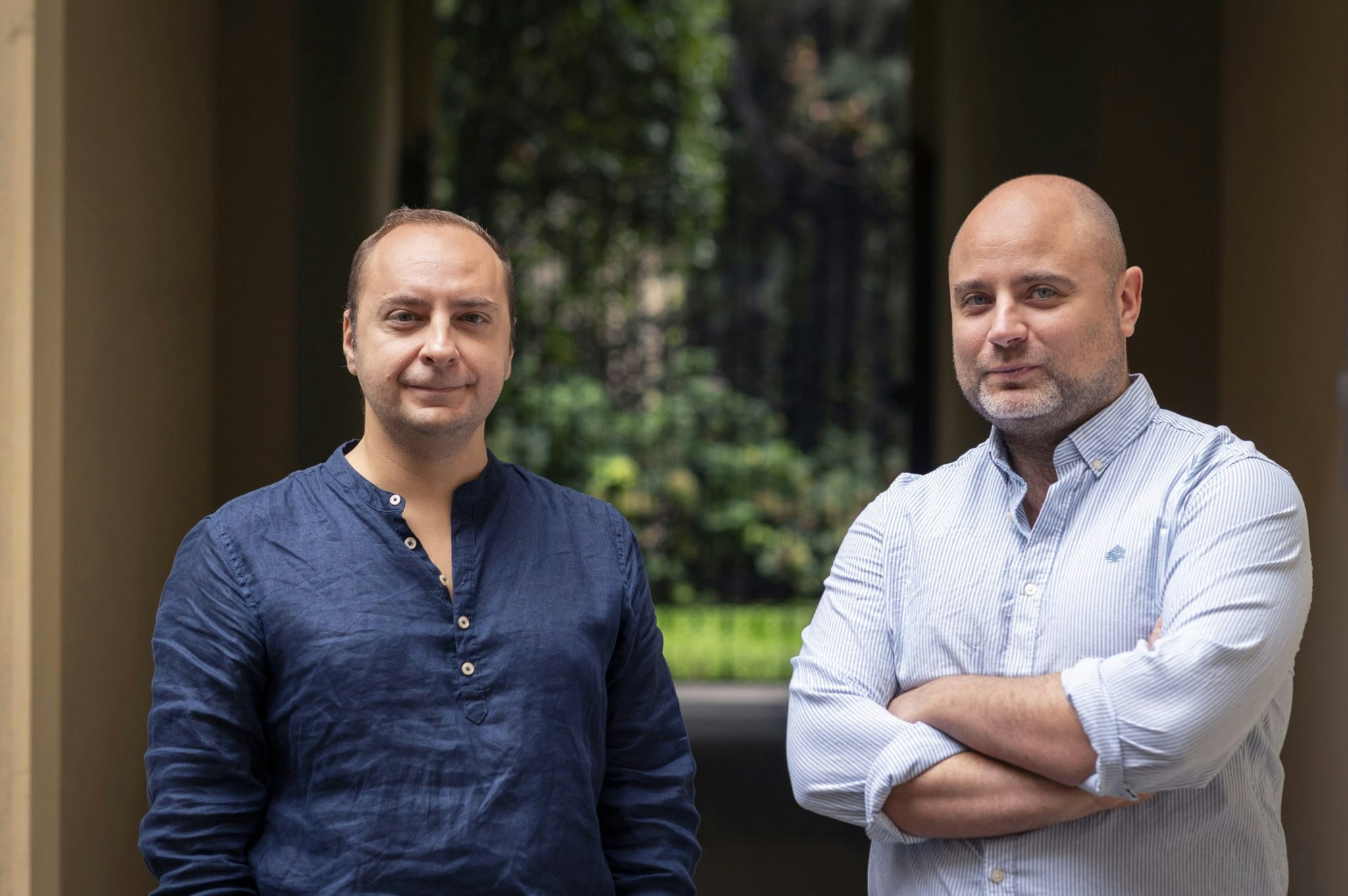If there’s one thing on every founder’s mind, it has to be funding. Whether it’s getting enough seed capital to build a prototype, scaling up from Series A to Series B or raising in between rounds to meet runway needs, there’s always a next stage to consider, connections to make and conversations to have.
Naturally, this sucks a lot of time out of the day — perhaps even 80% of it — taking key decision-makers out of the business for long periods of time.
But it doesn’t have to be that way. Martijn De Wever is founder and CEO of Floww, a platform that’s creating a new infrastructure for scaling companies, venture capital and investors. He believes that with the right tools and the right knowledge, founders can stay fundraise-ready while having enough time to build.
“Being part of a C-suite, there’s an extremely high burden on fundraising,” he says. “Founders want a solution that gives them more time to build their companies.”
Here’s what you need to know about fundraising — and the top ways to help you get investor-ready.
When is the right time to raise?
Given changes in the market and different timeframes for fundraising, the right time for funding could always be now. This means startups and scaleups always need to be prepared.
At the earliest point, you need to start modelling out what that future will look like — if you know this, you can work towards it
“Companies can often start fundraising too late, not leaving enough time for the process,” says Umerah Akram, head of private markets at the London Stock Exchange. “It always takes longer than you may think to find the right investors, go through their diligence processes, negotiate terms and then complete the legal process.”
However, when it comes to early-stage companies (think pre-seed and seed), De Wever stresses that fundraising shouldn’t be undertaken before they understand what their product is and does — and how it’ll make money.
“You need to find a position that means you can succeed — like how you are uniquely placed in the market,” says de Wever. “Early-stage companies often think that they don’t have income or revenue, and therefore don’t need a financial model to start shaping the future. At the earliest point, you need to start modelling out what that future will look like — if you know this, you can work towards it.”
Platforms such as Floww can help founders with customisable reporting templates that keep investors updated on major company milestones. In doing so, private companies ensure they're always ready to raise as they grow.
What type of investors do I need?
Since investors will most likely become shareholders in your business, it’s important to think about the overall value they will bring. This, of course, can be different at each stage: a seed-stage company may want sector or specialist expertise, a Series A company may want support for commercialisation or operational support, a later-stage company might just want a silent investor.
If you’re raising from multiple investors, think about how they would interact with each other and whether their objectives align with what you want to achieve
“It’s important to think of how they’d support you in different scenarios; for example, if things weren’t going well or over the longer term,” says Akram. “Could they provide you with further capital or help you connect with the next stage of investors as you grow?”
There are also different types of investors — VCs, angels, corporates, accelerators and family offices — and as a startup grows, that mix of capital might grow with it, depending on what is needed. Existing investors also need to be considered as they may be interested in a follow-on round.
“If you’re raising from multiple investors, think about how they would interact with each other and whether their objectives align with what you want to achieve,” says Akram. “It’s important to ensure the investor’s values will be in sync with those of your company.”
How should I communicate with investors?
There is a lot that goes into launching and completing a funding round — investor outreach, managing a due diligence process, the drafting and checking of documents and much more. Utilising new technology can remove the burden of such tasks and help founders to focus on their main mission: building their business.
Then, the challenge is to communicate this to potential investors — what you’re doing for who, how this is different from what is already in the market, and how long it will take to build commercial value
“When you communicate with investors, they need to be able to assess you as an opportunity in the most efficient way,” says de Wever. “Floww gets companies into shape using language that investors want to see.
“When it comes to the financial data, documents, forecasting and so on, it all goes through our accountants who check for any obvious mistakes — giving companies extended quality.”
Floww also has a marketing team that helps companies present themselves in the best way possible to attract investors. Founders need to think about why they and their team are the best people to run their business — and then translate that across to investors.
Just as investors conduct due diligence on companies, Akram says companies should do due diligence on investors, looking at their current portfolios, levels of activity and how they support companies.
“It’s important as a company to have the absolute fundamentals in place,” says Akram. “Even if you’re many years from generating revenues, how is your business looking to address customer needs? If your product is near-final, what is your go-to-market strategy?
“Then, the challenge is to communicate this to potential investors — what you’re doing for who, how this is different from what is already in the market and how long it will take to build commercial value.”
How do I choose an adviser?
It’s important to choose your advisers carefully in accordance with what stage your business is at. Advisers can be mentors offering advice, paid advisers in a specialist field such as finance or marketing, or investors in the company. They can either be paid or given equity.
Akram says that a good adviser will be a sounding board for you and will help you in the intricacies of a fundraising negotiation.
“Speak to other founders and management teams to find out what help they had and what they found most useful, and meet with a few different advisers to find the best choice for your company and stage,” she says.
How much do I need to raise?
Companies can end up raising too little or too much — and it’s a tricky balance.
“Given the time it can take, companies may want to consider raising more funds than they may need,” says Akram. “But this needs to be balanced with raising too much, where the use of funds isn’t clear or you end up giving up too much equity.”
To hit the sweet spot, she suggests modelling different scenarios (using tech for this as needed) and speaking to “peers and professionals” to understand what the right balance is for your company.
There may be specific mechanisms available around raising, such as a convertible loan note, or an advanced subscription agreement that can enable access to cash, with the equity conversion happening at a future date based on negotiated terms. Using Floww’s fundraising programme is one way to streamline this process.
When should I exit?
An exit may be just for you as a founder or a complete change of ownership for the company. A couple of exit routes are listing and M&A.
Some people want to exit to simply get out of the business as a whole and want to use it to provide liquidity for existing investors
While your first consideration might not be identity, De Wever says it’s important to think about. If you’re listing, you’re not being taken over by anyone so ultimately your identity remains — but if you are being taken over, the company identity changes and you could even be merging into another company.
De Wever adds that, when listing, you need to ensure you have the systems, processes and governance in place to make timely public disclosure. There’s more investor relations involved and a bigger responsibility around the consistency of reporting, which requires the right organisational skillsets and tools.
“Some people want to exit to simply get out of the business as a whole and want to use it to provide liquidity for existing investors, while others just want to get access to much larger sums of capital,” he says.
The Floww Fundraising Programme helps founders streamline their fundraising, supported by their end-to-end platform and expert deal team. To find out more, click here.



